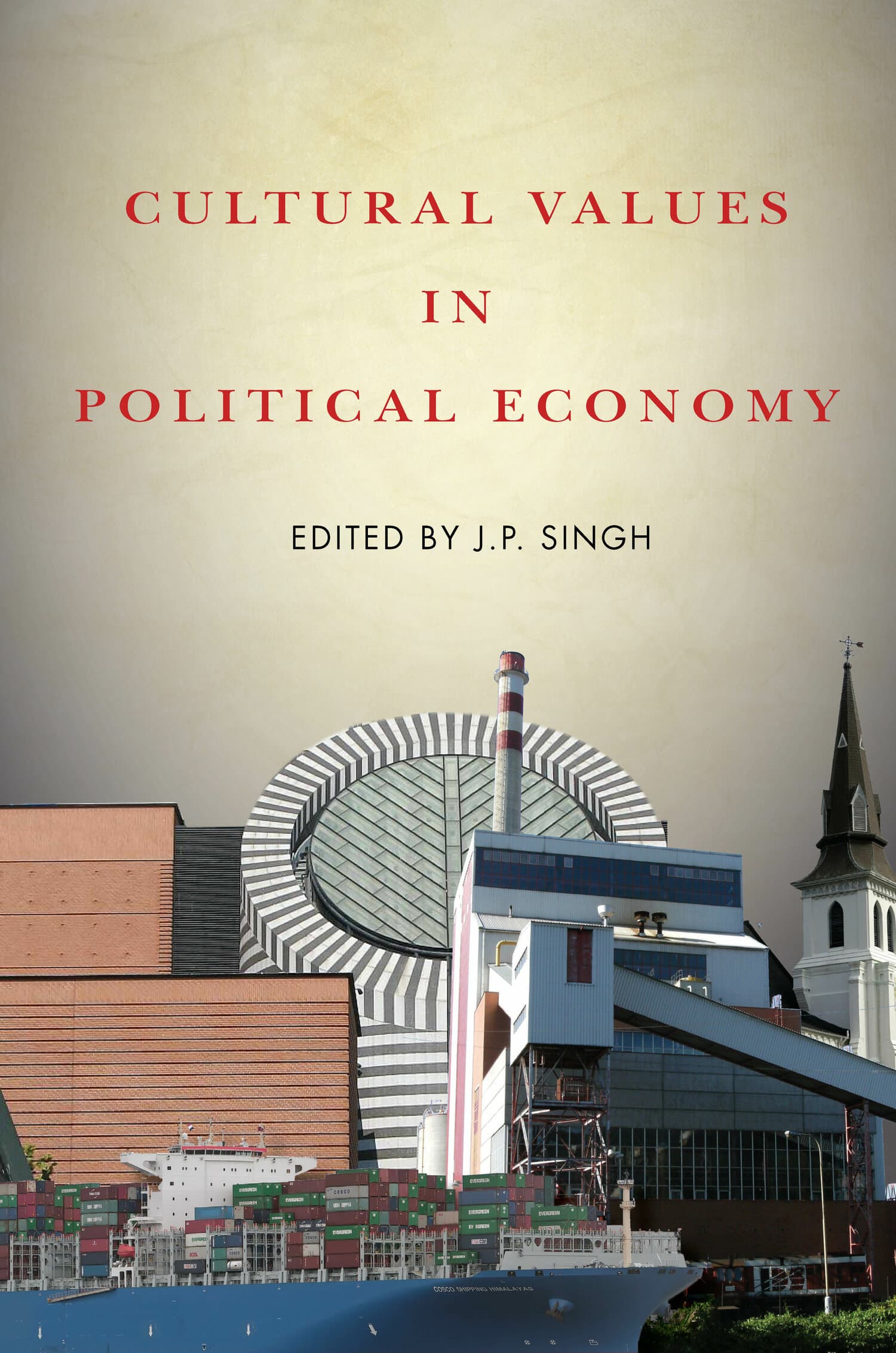The Cultural Wealth of Nations

Symbolic resources affect social, cultural, and economic development. The value of being "Made in America" or "Made in Italy," for example, depends not only on the material advantages each place offers but also on the symbolic resources embedded in those places of production. Drawing on case studies that range from the vineyards of South Africa and the textiles of Thailand to the Mundo Maya in Latin America and tourist destinations in Tuscany, this volume examines the various forms that cultural wealth takes, the processes involved in its construction, and the ways it is deployed.
Leading scholars from a range of disciplinary backgrounds examine how symbolic resources and cultural understandings help firms and regions develop. Through a thoughtful analysis of current- day cases, as well as historical developments, The Cultural Wealth of Nations offers an exciting new alternative to standard economic explanations about the wealth and poverty of nations.
"In The Cultural Wealth of Nations, Nina Bandelj and Frederick F. Wherry, two brilliant stars in the field of cultural economic sociology, make a pioneering intervention in a crucial topic. With engaging essays from an impressive roster of scholars, the book offers a transformative argument about the crucial significance of shared symbolic resources in shaping national economic development."—Viviana A. Zelizer, Princeton University, author of Economic Lives: How Culture Shapes the Economy
"This breakout volume pushes the precarious balance of economic sociology decisively to the cultural side. The 'cultural wealth of nations' is a phrase that reconstructs Adam Smith and deserves to enter deeply into the lexicon of sociology."—Jeffrey C. Alexander, Yale University
"Ranging from Dogon fetishes and South African wines to the hillsides of Tuscany, el Mundo Maya, and the World Heritage Fund, these provocative essays provide a wealth of insight into how nations struggle—sometimes successfully—to capitalize on their heritage, stocks of cultural products, and narratives about place, history, and nature in order to make markets and foster economic development. Bravo!"—Marc Schneiberg, Reed and CUNY-Queens Colleges




